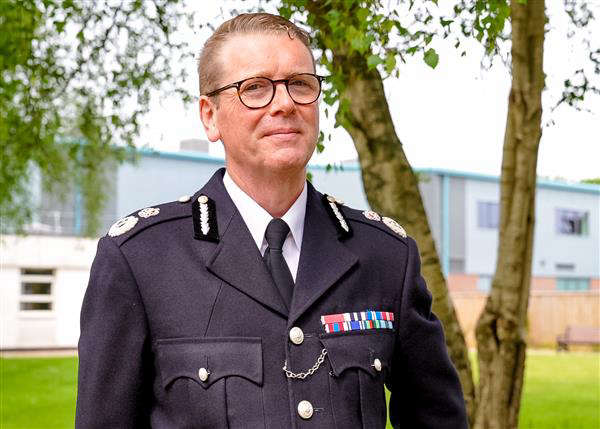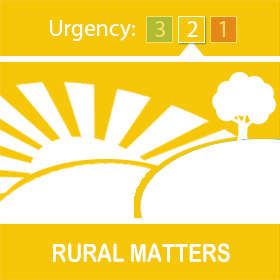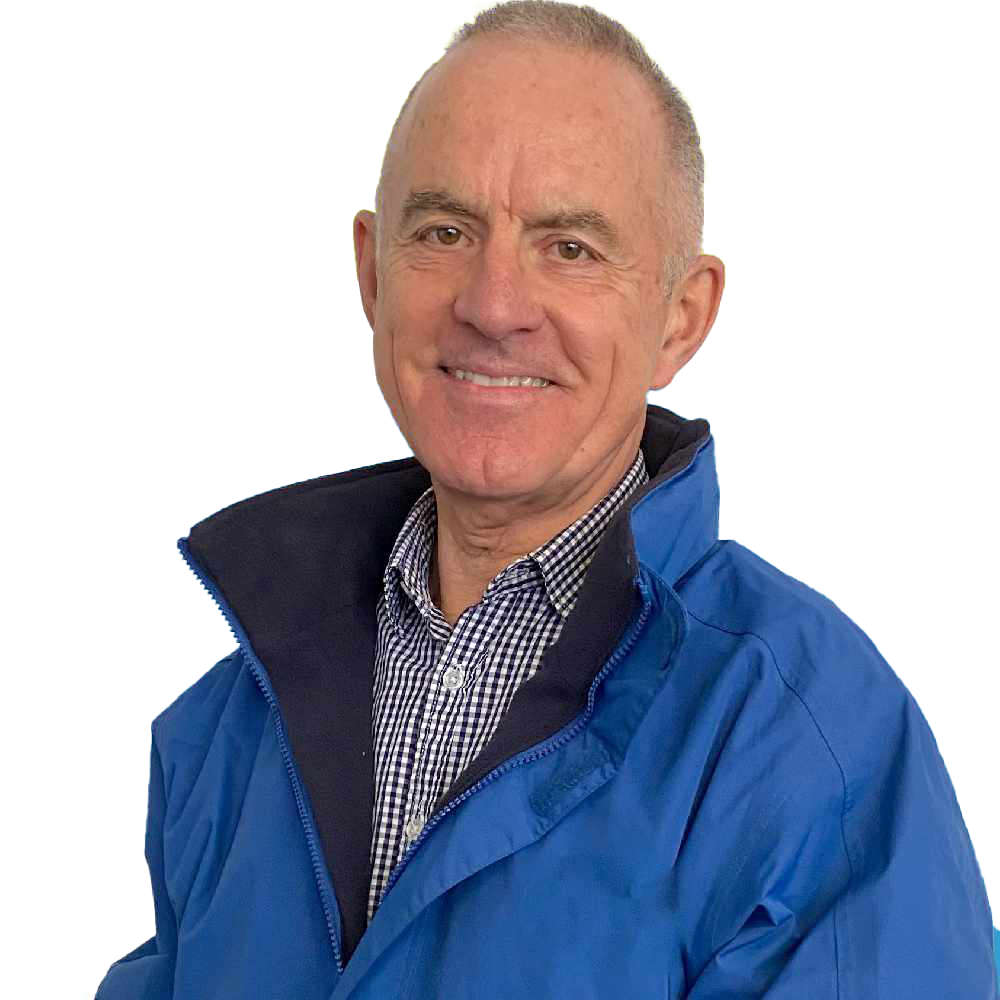
Government inspectors have said that Devon County Council's support of care leavers is improving and that we have a ‘clear plan in place’.
But in their latest report Ofsted highlight challenges, including that too many care leavers are living in hotels or other unsuitable accommodation.
Ofsted Inspectors conducted a Monitoring Visit to our children’s services last month, the sixth visit since the service was judged inadequate in January 2020.
Inspectors reviewed the progress made in the quality and impact of the care leaver service.
In the report His Majesty’s Inspector Steve Lowe noted that the transition from one senior leadership team to another had ‘not slowed down progress against the improvement plan’, while recognising that the new leadership team had not yet been in place long enough for the impact on outcomes for children to have been noticed.
He said: “Staff describe a positive change in culture, characterised by a significant improvement in senior management oversight and interest.”
One area highlighted for improvement is the sufficiency and use of ‘suitable accommodation’, with the report stating that ‘too many care leavers live in hotels’, and that there is a shortage of appropriate accommodation.
“This remains a wider strategic issue for the whole council, local political partners and those agencies with a duty to safeguard Devon’s children,” he said.
The report however notes that when there were housing issues, or if a young person was at risk of becoming homeless, the Council’s Personal Assistants (PAs) acted ‘with urgency’.
The report highlights further challenges to the wider partnership of organisations in Devon that share responsibility for the outcomes of young people in care, including the high levels of young people who are not in education, training or employment. It also cites the difficulty that care experienced people have in accessing their health histories beyond the point where they are first provided with them.
“This has a particular impact on those young people who have moved several times and who suffer traumatic experiences or issues with their mental health’, he notes.
Mr Lowe acknowledges that Children’s Services’ working arrangements with partners are now ‘closer’ and that weekly meetings of decision-makers from key agencies are now the norm.
“These issues are now more fully understood by senior leaders’, he said, and added that ‘plans (are) in place to remedy the situation, which is a clear improvement.’
According to the report Care leavers who are, or were, unaccompanied asylum seekers are ‘supported well’, and Personal Assistants (PAs) are becoming ‘increasingly involved in planning for care leavers’ futures from age 16 and they work ‘effectively alongside social workers’ to form positive relationships that often last well beyond age 18.
Mr Lowe said: “When this happens, care leavers develop meaningful relationships with their PAs. Many young people who have stability, including staying with their foster carers into adulthood and a consistent PA, do well. This includes financial and emotional support that meets care leavers’ needs and respect for their emerging identities as adults. PAs largely achieve a successful balance between support, advice and promoting independence and privacy, and ongoing discussion with young people about the right level of support.”
Mr Lowe concluded: “In practice, however, young people do mostly receive the support they need when they need it, including help with transport, equipment and applications for housing and benefits.”
Councillor Andrew Leadbetter, Cabinet Member with responsibility for Children’s Services, said:
“I am pleased that inspectors are beginning to see areas of good practice and some significant improvement. However, it is clear that we still have a long way to go together on our improvement journey and we must continue to work hard to start to see improvement in outcomes for our young people, but it is good to see that we are on the right track.”

 Criminal investigation into suspended Chief Constable dropped
Criminal investigation into suspended Chief Constable dropped
 Devon families receive their primary school place offers
Devon families receive their primary school place offers
 Theft of Quad Bike / Livestock Trailer and / Farm Tools - Tiverton and Withleigh Area
Theft of Quad Bike / Livestock Trailer and / Farm Tools - Tiverton and Withleigh Area
 Stay vigilant for ticket fraud ahead of top events and concerts this summer.
Stay vigilant for ticket fraud ahead of top events and concerts this summer.











